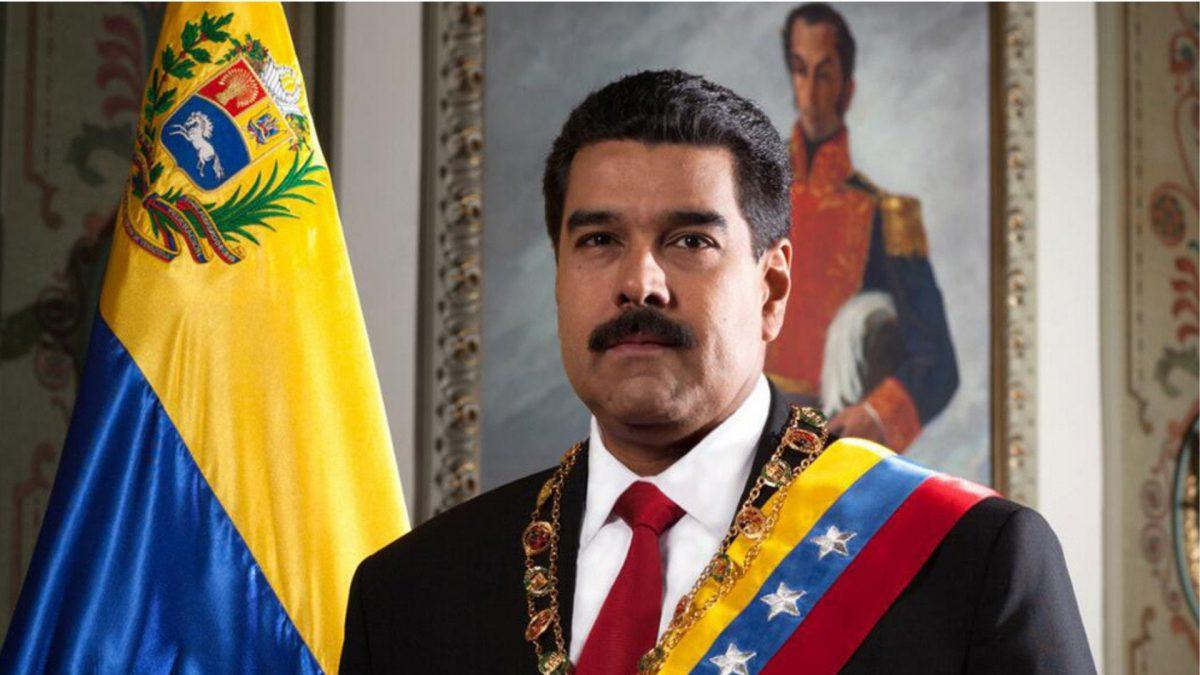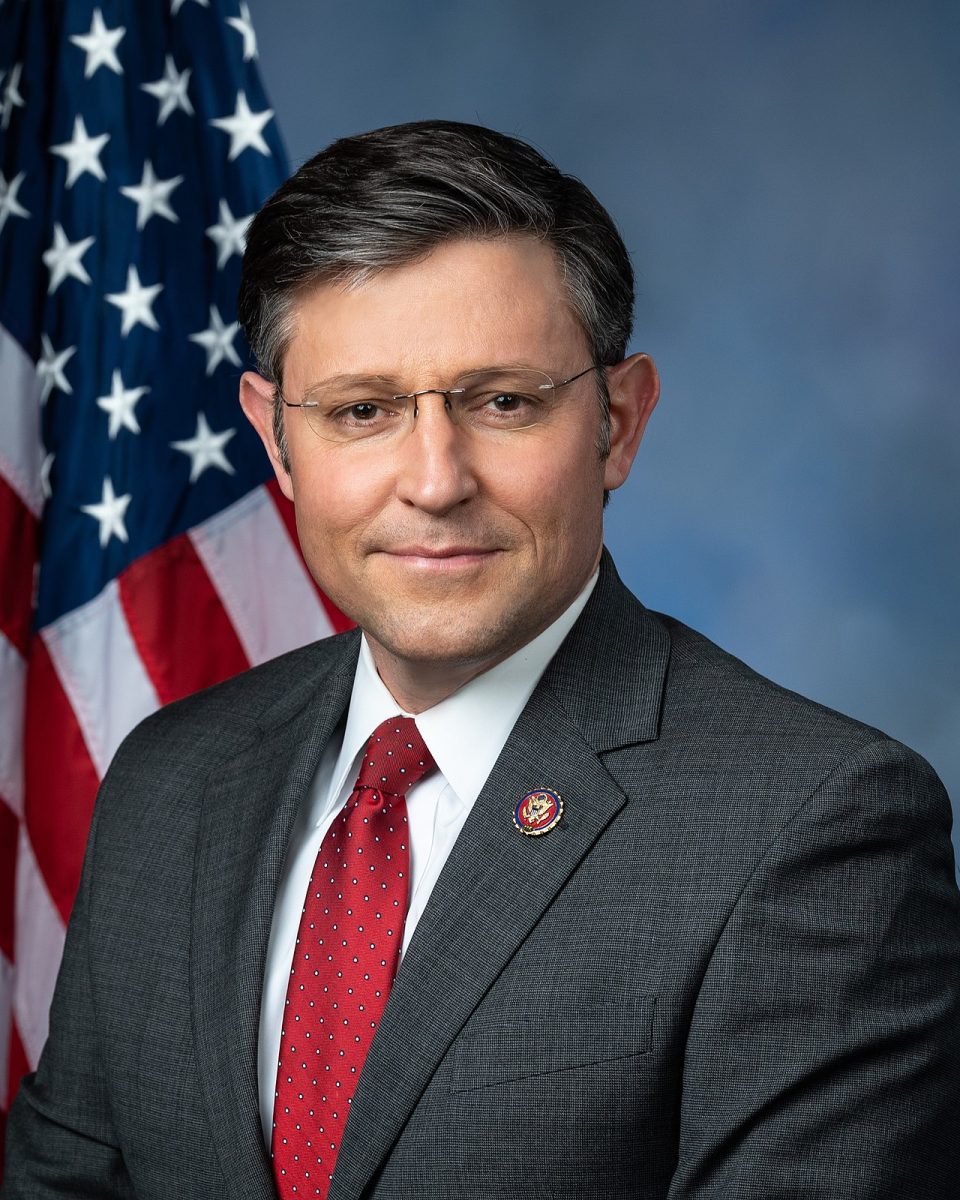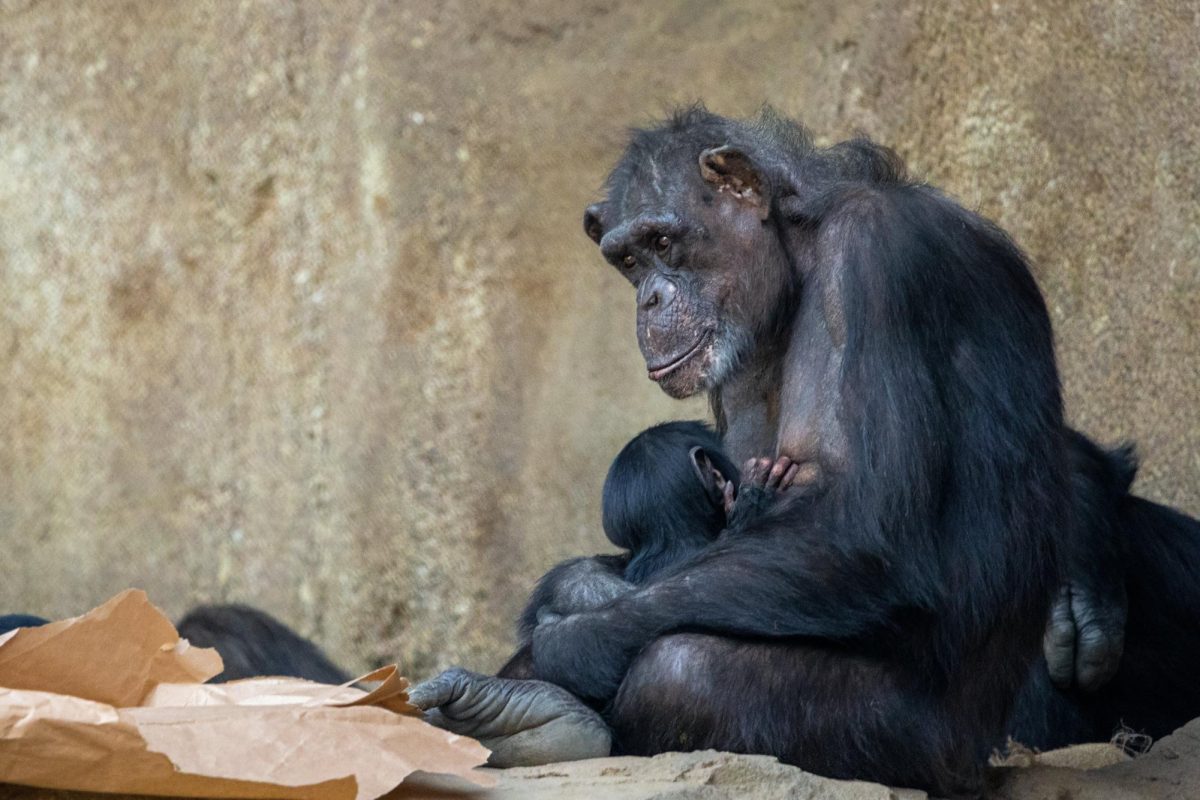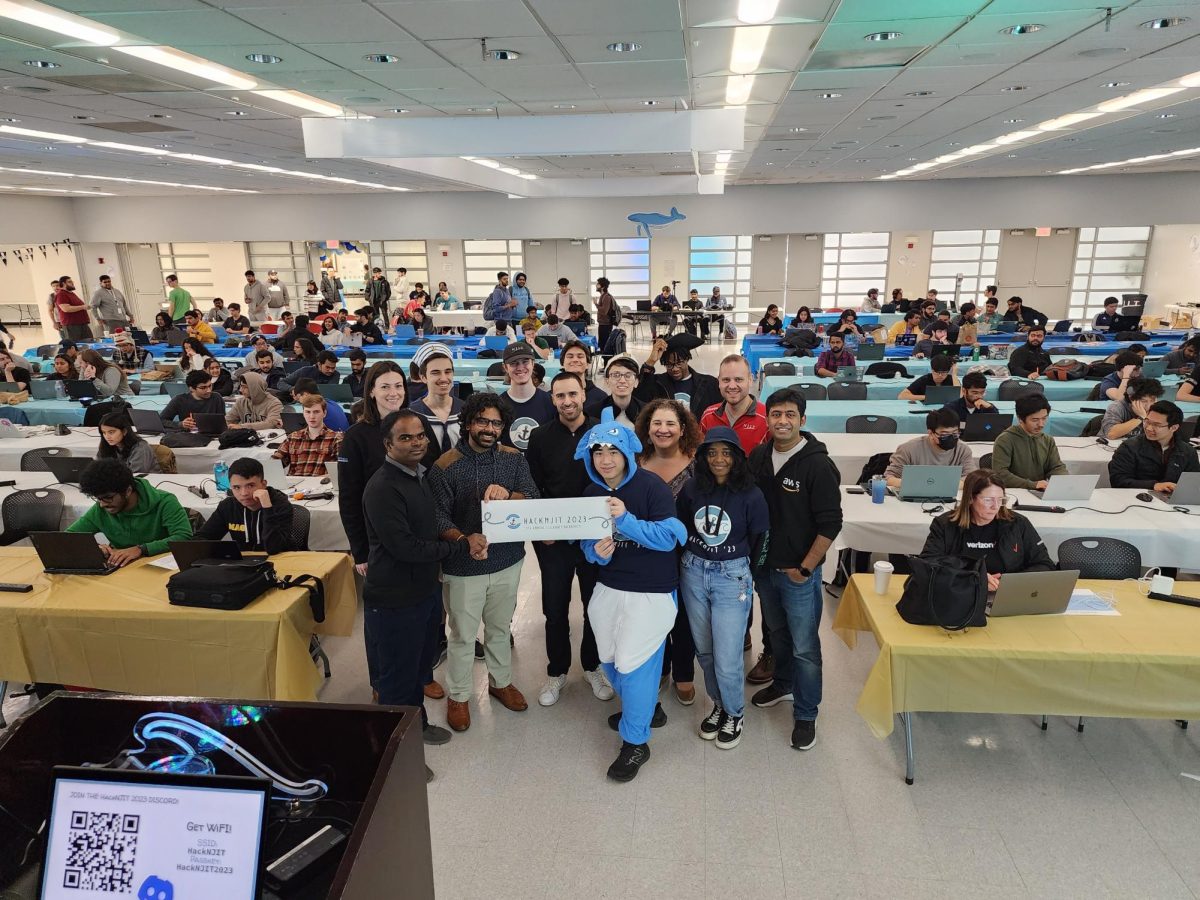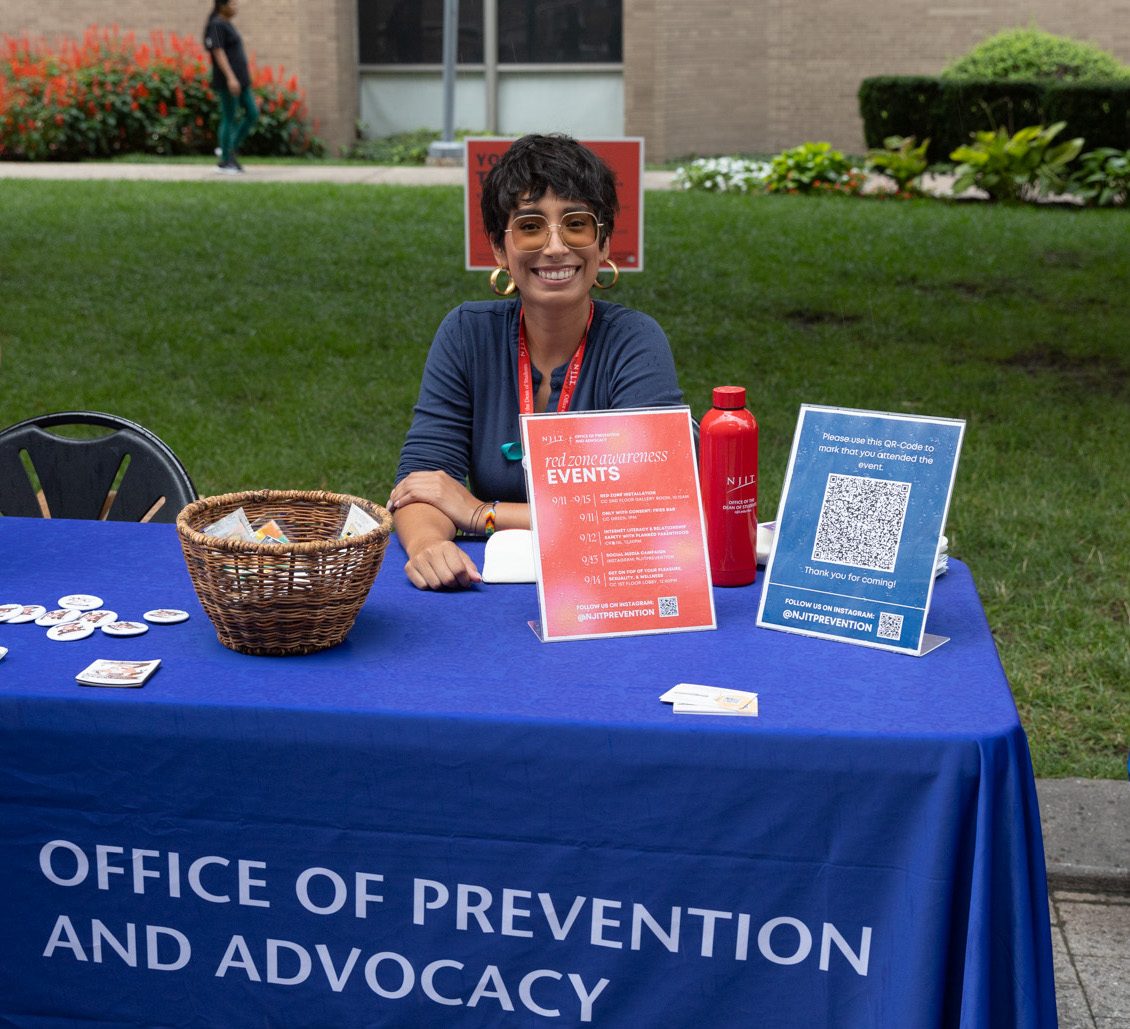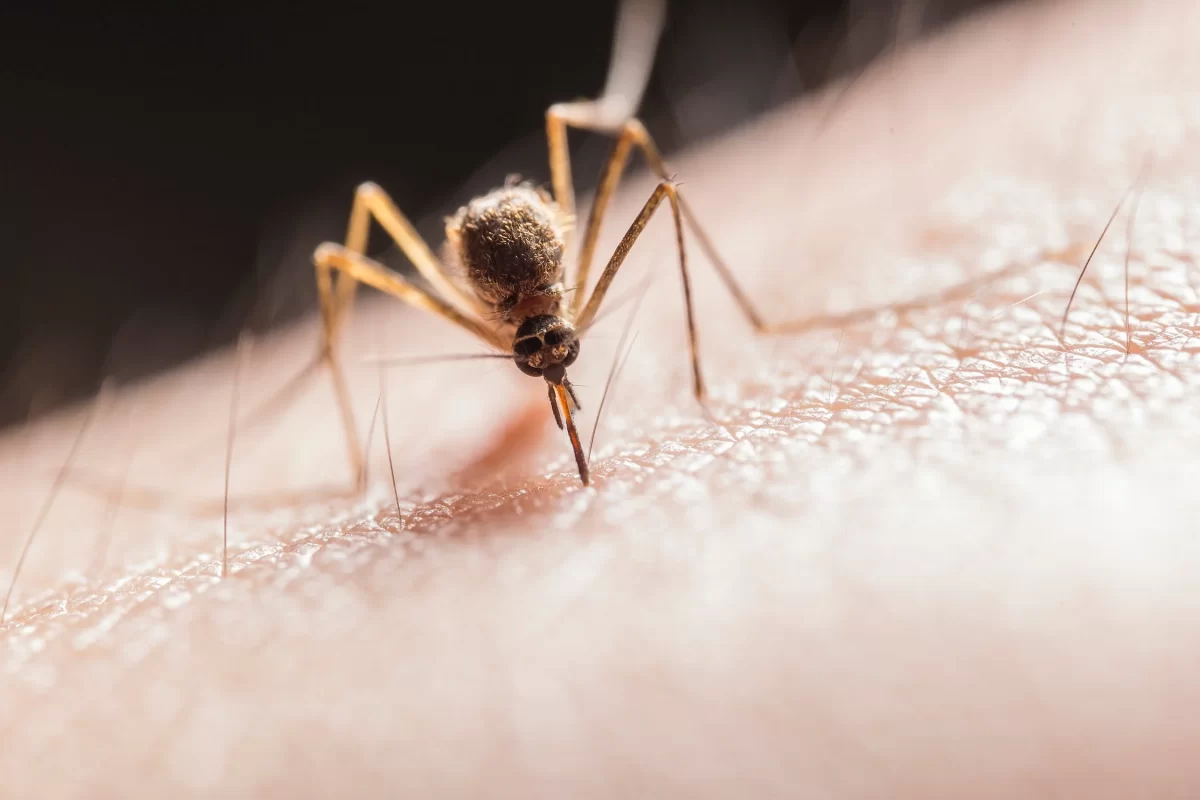Venezuela has been in the middle of tremendous tension and civil upheaval since the highly contested election-win of Nicolas Maduro in May 2018.
Following Maduro’s recent inauguration as President in Jan. 10 of the new year, there has been significant protest against his government by Venezuelans who favor the opposition. According to the UN Human Rights Office, at least twenty people have been killed in clashes with the police.
“The human rights violations against protestors is beyond atrocious. The Venezuelan government’s actions reminisces of [sic] when Stalin would make people opposing him ‘disappear’ through covert executions,” said Patrycja Dziewa, fourth-year Interior Design and History major.
The conflict has both political and economic roots. It began with Maduro’s allegedly fraudulent election-win in May of last year. According to a New York Times article, the presidential election was “heavily rigged in [Maduro’s] favor”.
Voter turnout was extremely low; voting lines were scarce and less than 46% of registered individuals voted, compared to 80% participation in the previous election. According to the Times, the low turnout was evidence of widespread disillusionment with Maduro’s government and was due to opposition leaders calling for a boycott of the elections.
The election had been met with international condemnation. Countries such as the United States, Canada and a dozen Latin American countries and the EU declared the election and subsequent voting procedures as “unfair and anti-democratic” and “illegitimate”.
Adding to the chaos, opposition leader Juan Guaidó, president of the opposition-controlled National Assembly, declared himself to be the actual interim president of Venezuela on Jan 23. The National Assembly is a legislative body of the Venezuelan government.
In a piece published in theTimesbyGuaidó, he explains that since Maduro’s re-election is illegitimate and his presidency was originally supposed to cease on Jan. 10, Maduro is “usurping the presidency” by remaining in office. Thus, according to the Constitution, “power is vested in the president of the National Assembly until free and transparent elections take place”.
On Jan. 23, President Trump declared via Twitter, that he recognized Guaidóas the leader. Consequently, Maduro broke diplomatic ties with the US and ordered all US diplomats to leave within 72 hours.
Many may recall a video of Trump from August of last year, saying there may be “military options” for Venezuela amidst its civil unrest. The insinuation of US interference struck a chord, as the United States has a well-known history of intervention with Latin American countries.
Professor Rosanna Dent of NJIT’s federated history department said, “The current situation with both Maduro and Guaidó claiming the presidency is dramatic, and untenable. Venezuelans need and deserve a better government. However, the United States has a long history of intervening in Latin America, and the resulting regime changes have resulted in less, not more, democratic governance. The best choice for the United States is to support renewed negotiations for a peaceful solution. “
In addition to political struggles, the people of Venezuela are also suffering economically. Inflation has risen dramatically, and there are chronic food shortages resulting in mass malnourishment. There has been a mass exodus of Venezuelans leaving the country for refuge and a better life.
The current economic struggles can be linked to oil. Venezuela has one of the largest oil reserves in the world, and their government controls the oil industry. The oil industry also “provides virtually all of the country’s hard currency”, according to Neuman and Casey, and is the main source of foreign income. However, because countries such as the US have placed sanctions on other countries who may want to purchase oil from Venezuela to pressure Maduro’s government, oil sales have declined drastically.
Nicolas Maduro as president re-elected for the period of 2019-2015.
Photo via National Assembly of Venezuela
























